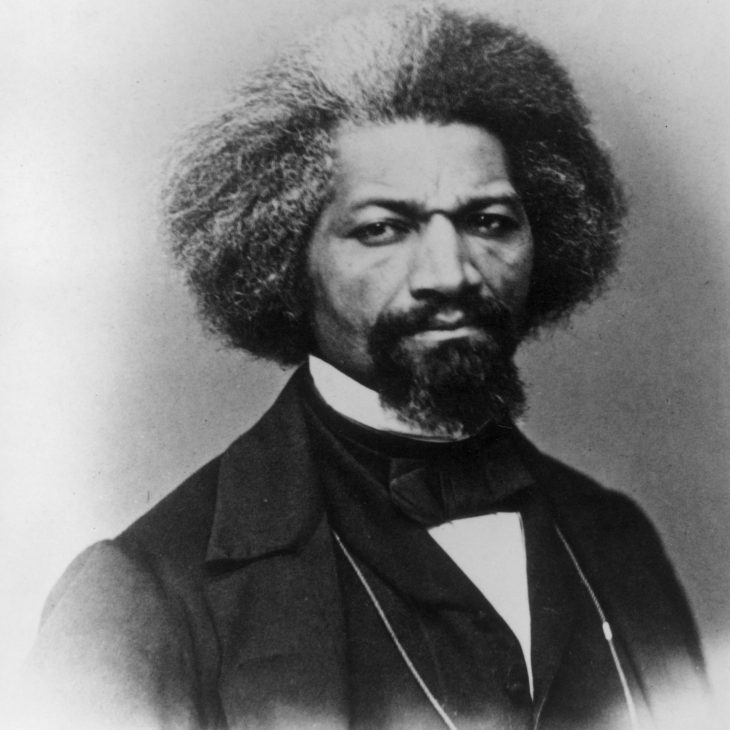Running Thread: Frederick Douglass and ‘Let There Be Light’
February 27, 2023

“Damn it, I knew they would let the n—r through.”
So heard Frederick Douglass as he made his way to visit the Presidential office. I imagine what it must have been like for Douglass, a former enslaved person who suffered immensely from racially motivated violence and dehumanization. Despite those insults leveled within the White House, Lincoln treated him differently. After the meeting, Douglass said, “I will tell you how he received me — just as you have seen one gentleman receive another, with a hand and a voice well-balanced between a kind cordiality and a respectful reserve. I tell you, I felt big there!”
Lincoln, too, lauded Douglass. “Considering the conditions from which Douglass rose, and the position to which he had attained, he was … one of the most meritorious men in America.”
I knew some dimensions of the Lincoln-Douglass relationship but reading the Pulitzer Prize author Jon Meacham’s masterful “And There Was Light” deepened my understanding of it. The title itself is an homage of sorts to Frederick Douglass’ words, “I do not despair of this country … the fiat of the Almighty, ‘Let there be Light,’ has not yet spent its force.”
While a biography of Abraham Lincoln, Meacham’s work is sprinkled with vignettes of major Black historical figures who played crucial roles in abolition. One such episode previously unknown to me was Lincoln’s invitation to Sojourner Truth, who visited the White House at the height of the Civil War and during the particularly sensitive time of the 1864 presidential campaign. The president referred to Ms. Truth using an honorific of the day, “Aunty.” She, too, thanked God for him “being the instrument selected by [God] and the people” to emancipate enslaved people.
I appreciated adding to my understanding of the historical contributions of Black Americans. As Black History Month winds down, Interfaith America is invigorated to continue and expand our work to further an inclusive and vibrant democracy that Douglass and Truth dedicated their lives to. Initiatives like Vote is Sacred and Black Interfaith seek to do just that through spotlighting the longstanding diversity of Black interfaith engagement, including the ways it has contributed to American spiritual and civic life, including the right to vote.
Share
Related Articles
American Civic Life
Is This a Time for Bridgebuilding? 5 Leaders in Conversation
American Civic Life
Faith Based Efforts Work in Vaccine Uptake: Now Let’s Make it Easy
American Civic Life



